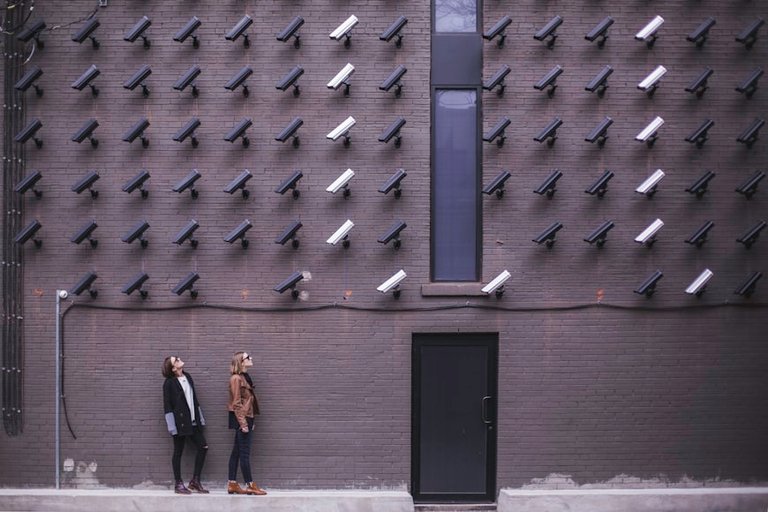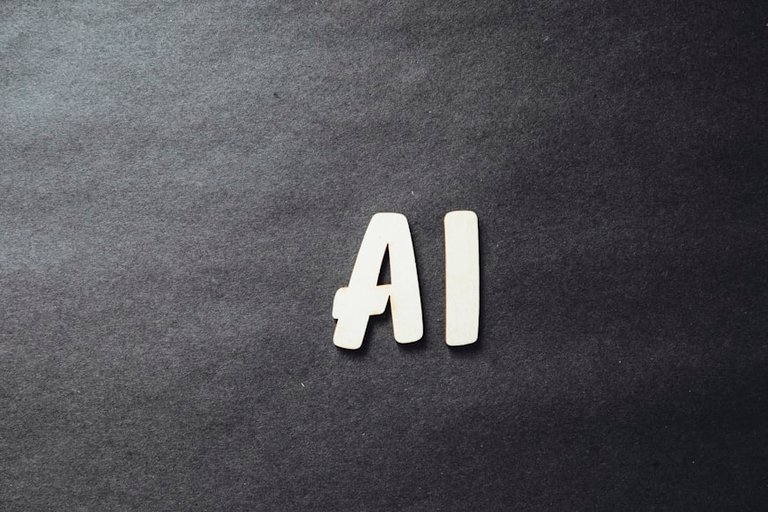One of the things that interest me the most is the application of AI in surveillance and privacy. It's a very hot topic, and for good reason.
First, the good stuff.

AI-powered surveillance systems are actually and impressively good for our safety. They may recognize potential threats in highly populated areas, help track missing folks, and even predict where crimes might occur. That sounds cool, right? I mean, who does not want to feel safer?
But this cool technology has several other underlying costs, which are not merely monetary. We give up a chunk of our privacy in turn for that little bit of extra security. That's the world we live in; cameras may always be watching, and computers may be analyzing what we are doing. To say the least, that thought sends a shiver down my spine.
Think about it: AI can identify and recognize faces, trace our movements, and even predict what we will do based on our customary actions. That's some heavy "Big Brother" stuff right there. It's not just about Big Brother watching over your shoulder, but you might get used to it or fall into the wrong hands.
I am not saying we should stop AI surveillance.
It sure does have its place. But we have to be very definitive in how we use it. There needs to be clear rules and limits to when it can be used so that it doesn't get abused. And certainly, we need a lot more transparency about where and when these systems are used.

One thing that irks me is the fact that AI surveillance might become biased.
It's only as good as what it's trained on. If that data is flawed, biased, or anything less than right, it might lead to some seriously unfair outcomes. We already have begun to see cases where face recognition systems are less accurate with people of color or women. That is not okay, and that's something we need to fix ASAP.
The other thing that keeps me awake is predictive policing.
While in theory it sounds good-using AI to make an educated guess as to where crimes might occur, it can become a self-fulfilling prophecy. If we focus all our attention on certain areas because some algorithm says so, we might create more problems than we are solving.
On the other hand, AI might protect our privacy in some ways.
There is some pretty cool research going on where AI fights for the anonymization of data or the actual detection of when our personal details are misused. Like fighting fire with fire, I guess.
But we cannot just sit back and hope the people in charge will make the right choices about how to use this technology. We need to speak up and join in the conversation. We should be asking questions: Who gets access to data collected through AI surveillance? How long do they keep that data for? What safeguards are there against misuse?
I think that the key here is education.
The more we learn about AI and what AI is capable of, the much better decisions we will be able to make regarding the deployment of AI into our society. We need open discussions on how much security is worth to us versus how much privacy, and where that line lies.
Equally relevant is the fact that technology is moving fast, while our laws and regulations generally lag behind. We need to advocate for the reform of laws, considering the peculiar challenges imposed by AI surveillance, and these laws must have some meaningful teeth, what is the point otherwise?
In my view, AI can be used as a force for good, but, again, it is a tool. A proper balance has to be struck between harnessing its benefits and protecting the basic rights to privacy and liberty of every individual.
Posted Using InLeo Alpha
Congratulations @happyheart01! You have completed the following achievement on the Hive blockchain And have been rewarded with New badge(s)
Your next target is to reach 3250 upvotes.
You can view your badges on your board and compare yourself to others in the Ranking
If you no longer want to receive notifications, reply to this comment with the word
STOP